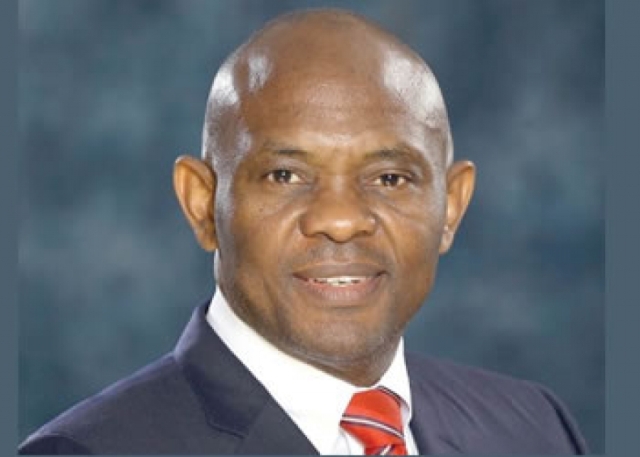I want to begin by thanking Chairman Coons and Ranking Member Flake for inviting me to testify before this committee and provide an African private sector perspective on President Obama’s Power Africa Initiative. More importantly, thank you for your leadership in holding this hearing on a very important issue that has a profound daily impact on the lives hundreds of millions of people in Africa.
Heirs Holdings and our foundational philosophy of Africapitalism
I am the Chairman of Heirs Holdings and founder of the Tony Elumelu Foundation. Heirs Holdings is a Pan‐African investment company head quartered in Lagos, Nigeria, which operates in strategic sectors of industry including banking, hospitality, agribusiness, healthcare, power and energy. We take a long‐term view in order to unlock value for our shareholders and to have a catalytic effect in propelling Africa’s economic development.
We have coined the phrase “Africapitalism” to describe our approach to business – our belief that long‐term investment in key sectors, like power, can create economic prosperity and social wealth, benefitting investors and Africa’s development future.
At its core, Africapitalism is an economic philosophy that seeks to encourage practices that create, retain and multiply value locally. This is critical to stimulating and sustaining job creation and economic growth.
The Challenge of Electricity Access – the loss of human potential
We are all familiar with the statistics:
Nearly 600 million, or seven‐out‐of‐ten, Africans have no access to electricity;
Only 2% of South Sudanese and Burundians, and 3% of Liberians, have access to electricity. In my country of Nigeria, half of the population lives in total darkness, and those who do have electricity have unreliable access;
In African Business Enterprise surveys, more than 50% of businesses cited lack of electricity as a major constraint to their growth.
This is happening at a time when half of Africa’s 200 million people are between the ages of 15 and 24, a potential boom or bomb, and we need to create 13 million jobs per year to absorb them.
It is also important to note that many of the greatest, and solvable, health challenges in Africa, which are priorities for U.S. foreign assistance, are linked to energy poverty of the people and government agencies that provide basic health services.
An estimated 4 million deaths per year, globally, are associated from illnesses derived from cooking with wood and charcoal. Millions of child mortalities can be linked to lack of cold chains needed to distribute vaccines. Blood supplies cannot be properly tested and preserved to save lives. Similarly, millions of mothers and babies are lost every year from lack of power‐driven diagnostic and surgical interventions. Laboratories cannot function regularly and effectively.
Education is another fundamental sector necessary for achieving development gains, yet 90 million children go to school without electricity. This translates to millions of lost hours of study and homework every day. Over time, this will become a cumulatively unrecoverable loss for a continent with a large youth population, who will lack the necessary understanding and skills to power the continent’s industries, and to emerge as a full player in an integrated global economy.
This large and expanding pool of unskilled labor would condemn the continent to a continued role as an extractives source – the source of energy, food and raw materials for use by other world regions – while its own citizens lack the ability to access and benefit from their own abundant resources.
In short, if we can fix power, we can transform lives, and we can realize our potential as an emergent continent.
The Power Africa Initiative
Many African countries had already begun to prioritize and address their electricity‐access needs before President Obama’s announcement of the Power Africa Initiative, during his July 2013 trip to the continent, so local ownership and local momentum were in place.
Nigeria’s privatization process was already under way, just as it was in countries like Tanzania and Ghana. In fact, with the exception of Liberia, given its post conflict status, most of the countries selected to participate were partly chosen on the basis of the reforms already enacted by their governments in the power sector.



































